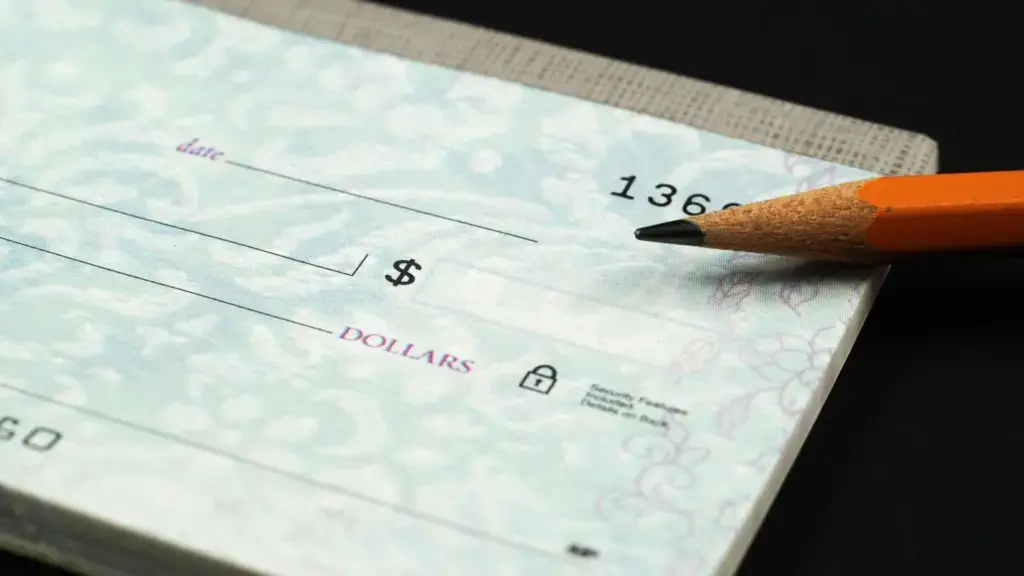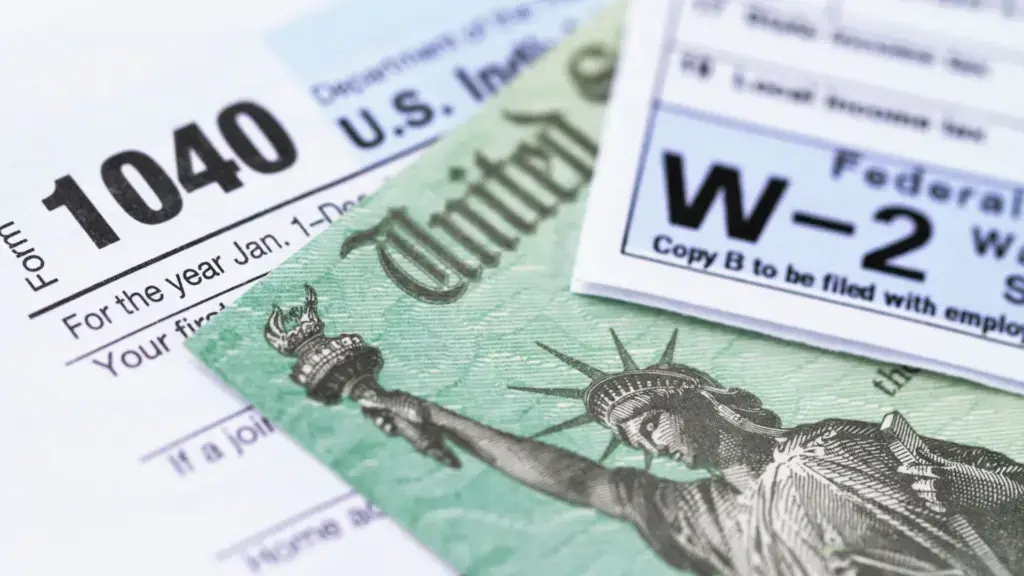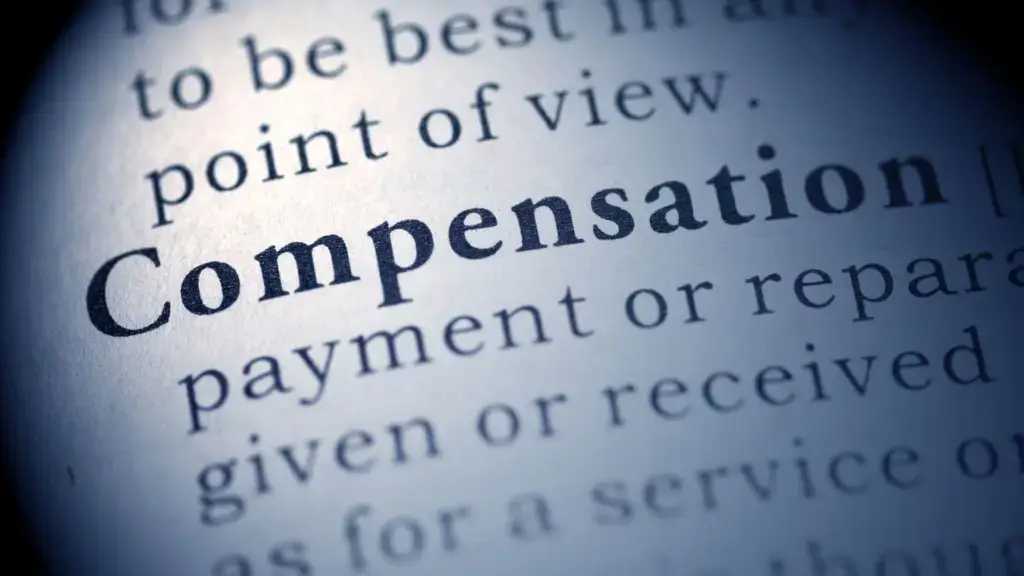Compensatory damages, also referred to as actual damages, are granted to restore a person to the position they were in prior to the accident or injury. In car accident cases, for instance, this can include reimbursement for:
- Cost of future medical expenses
- Reimbursement for property damage
- Physical and emotional suffering
It can be divided into two types: special damages, such as tangible, financial losses and general damages, which account for difficult-to-measure harm. These can provide fair compensation for the victim whether it be for immediate or long-term circumstances connected to the injuries sustained. Understanding the full scope of compensatory damages is important to properly assess the overall value of your personal injury case.
What Are Compensatory Damages?

Compensatory damages are common damages awarded in personal injury lawsuits. The intent is to reimburse the injured person for losses caused by someone else’s negligence. These damages are made to restore the position they were in prior to the injury. This form of compensation can include a wide variety of losses.
For example, if an injury led to medical treatment or ongoing care, compensatory damages can help cover costs pertaining to those services. If someone has missed work or can no longer do their job as they did prior to the event, they may be entitled to reimbursement for lost wages or diminished future earning potential. But injuries are not always limited to financial hardships.
Compensatory damages can also focus on personal consequences, like anxiety or physical pain. These types of harm may not come with receipts or invoices, but they are real and can greatly affect a person’s overall well-being.
What Are the Two Types of Compensatory Damages?
As discussed earlier, compensatory damages are made to reimburse someone to help restore the position they were in before the accident happened. These damages go beyond medical bills or lost income by also covering personal hardships connected to the injury. To better differentiate these losses, compensatory damages have been divided into two categories: economic damages and non-economic damages.
Economic Damages
Economic damages involve losses that can be measured using bills, receipts, or other forms of financial documentation. They may include costs, like:
- Emergency treatment
- Ongoing medical care
- Medication prescriptions
- Rehabilitation
- Lost wages and future loss of earning ability
These records can be used as solid evidence, and will make it easier to calculate and present in settlement negotiations or trials.
Non-Economic Damages
Non-economic damages refer to the personal and emotional toll a person undergoes in the aftermath of an accident. These losses do not necessarily show up on a bill, but still carry heavy and real weight. This may include:
- Physical pain
- Mental anguish
- Emotional distress
- Permanent disability
- Disfigurement
- Loss of consortium
- Loss of enjoyment of life
Are Compensatory Damages Taxable?
In most personal injury cases, compensatory damages will not be considered taxable income in California. But, this will depend on what damages are meant to be covered.
If you are given compensation for physical injuries or sickness, the IRS and California Franchise Tax Board will typically not treat that money as taxable. This includes amounts provided for:
- Medical expenses
- Pain and suffering pertaining to physical harm
- Lost wages tied to the time missed due to the injury
But, there are exceptions. If any portion of the award is for emotional distress that was not caused by physical injury, it may be taxable. In addition, if you deducted medical expenses pertaining to the injury in a previous tax year and then was given compensation for those same fees later, that portion may need to be reported as income.
Compensation for punitive damages (exemplary damages) that are not meant to reimburse losses but enforce consequences to the defendant, is taxable under both federal and state law.
Since tax consequences will differ based on the structure of your settlement or verdict, it would be ideal to present your case to a tax advisor when seeking a resolution for a personal injury claim to ensure you are aware of reporting obligations.
How to Calculate Compensatory Damages?
Calculating compensatory damages involves adding the full extent of the losses a person has incurred as a result of an injury. This process may require you to include the amount of economic and non-economic damages involved in your case.
For measurable expenses, like medical bills and lost wages, calculations will be determined based on documented costs. This will include receipts, invoices, and paystubs. Expert testimony and future care or lost income may also be considered.
The most challenging part of the calculation will involve damages that do not include a price tag, like emotional distress and pain and suffering. There is no actual universal formula, but courts, attorneys, and insurance companies may rely on two common approaches:
- Multiplier method: This will involve adding up the total of all financial damages and then multiplying the amount by a number, ranging between 1.5 and 5, based on the extent and long-term effects of the bodily injury.
- Per diem method: Such an approach will involve assigning a daily dollar value to the victim’s pain and suffering, which is then multiplied by the amount of days the person is predicted to endure hardship.
Although these methods provide a general structure, the actual value will rely heavily on the details connected to the personal injury case, like the nature of your injury, your recovery timeline, how it will impact your life, and the strength of supporting evidence.
Insurance companies and defense attorneys may try to minimize payout, which is why it is important to develop a well-constructed claim and have an excellent lawyer on your side to negotiate on your behalf to better your chances of securing fair compensation.
How to Prove Compensatory Damages?
Proving compensatory damages will require you to show not only that the other party was at fault, but that your losses are directly linked to your injury. You will need to gather crucial evidence that will help demonstrate the financial and personal impact you suffered as a result of the accident.
Some forms of monetary damages that you will have to show include the following:
- Medical records and bills that state the type of treatment you received and how costly it was.
- Pay stubs, tax returns, or employer statements to prove loss of income.
- Invoices and receipts for any out-of-pocket expenses pertaining to your injury.
- Expert testimony, specifically from doctors or vocational specialists, to predict future medical costs or reduced earning capacity.
When it comes to intangible losses, like pain and suffering or reduced quality of life, evidence may become more personal, but still impactful:
- Your own testimony covering how the injury has affected your day-to-day lifestyle.
- Statements from friends and family members who have witnessed your physical or emotional changes.
- Mental health records if you received therapy or counseling in the aftermath of the accident.
- Photos, video footage, or journals that document the physical and emotional complications you have faced over time.
Be sure to have a well-organized, evidence-backed case as it can make all the difference when it is time to negotiate for a reasonable settlement or when you are presenting your case in court.
What Is Not Included in Compensatory Damages?
While compensatory damages are meant to cover the full range of losses a person sustains due to an accident, they do not include all types of payment in a personal injury case. These damages are mostly focused on reimbursement, whether it be for financial costs or personal hardships, and are not served as punishment or a reward beyond what was actually lost. Certain types of damages that are not compensatory include the following:
- Punitive damages
- Attorney fees and court costs
- Interest on damages
- Damages based on assumptions or speculations
Simply put, compensatory damages are made to repay, not to penalize or offer gains that have no relation to the actual harm suffered. Knowing what falls outside this category is just as vital as comprehending what is included when assessing the value of your personal injury claim.
Are Compensatory Damages Considered Income?
Some compensatory damages are considered income for tax purposes, whereas others are
not. The taxability will vary based on the nature of the damages and the harm that is intended to be compensated. As previously stated, compensatory damages awarded for personal physical injuries or sickness are usually excluded from gross income and, therefore, are not taxable. This includes payments for medical expenses and emotional distress and pain and suffering related to the physical injury.
Damages awarded solely for emotional distress that are not directly connected to a physical injury are usually taxable. Any interest earned on the settlement amount will be considered taxable income.
While punitive damages are not compensatory, they are almost always taxable. There is a limited exception when it comes to wrongful death cases where state law only provides for punitive damages. And lastly, damages for non-physical injuries, including breach of contract or defamation, are generally taxable.
How Do Courts Determine Damages?
Courts will determine damages by assessing the evidence presented, the extent of your injury, and how it has affected your overall lifestyle. They will take into consideration the current and future losses, including:
- Medical costs
- Lost income
- Personal hardship
Expert input and state laws will also be considered. The ultimate goal is to ensure a fair amount is issued, with it accurately affecting the full impact of your injury.
Which Damages Are Not Recoverable?
While personal injury claims offer a wide variety of compensation, not all types of loss or harm are qualified for recovery. Courts will mostly focus on providing damages that are proven and related to your injury. Some types that are typically not recoverable in such cases include the following:
Unforeseeable Damages in Contract Disputes
Consequential or special damages, which occur indirectly from a breach of contract, are usually not recoverable unless they were foreseeable when the contract was established. The breaching party will need to have a reason to know that their actions could cause such specific losses. For example, if a supplier delays a shipment without knowing that the buyer relies on it for a product launch, the buyer may not be able to claim lost profits as consequential damages.
Punitive Damages in Contract Cases
Punitive damages are usually not available in contract disputes. Courts will reserve these for tort cases that involve intentional, reckless, or malicious behavior. Simply failing to meet contractual obligations, regardless of how frustrating it can be, is not enough to warrant punitive compensation. To recover such damages, the plaintiff will have to meet a higher standard of proof.
Emotional Distress in Breach of Contract Cases
Emotional distress is not recoverable in breach of contract cases unless the contract is centered around emotional well-being, like hiring a wedding photographer or funeral service. Some federal statutory claims, including the Title VI, Title IX, and the Rehabilitation Act, enforce limits on emotional distress compensation. Recent court rulings, like the Supreme Court’s decision in Cummings v. Premier Rehab Keller, have narrowed the availability of emotional distress damages under these regulations.
Damages from a Judgement-Proof Defendant
Even if a plaintiff wins a case and is able to prove their losses, compensation may not be possible if the liable party does not have insurance or any other financial resources. These defendants are classified as “judgment proof.” While a judgment may be in the plaintiff’s favor, the inability to collect will make the damages limited or unrecoverable.
Let West Coast Trial Lawyers Evaluate the Full Value of Your Injury Claim
At West Coast Trial Lawyers, we will take a thorough approach to evaluate all aspects of your injury claim. From the moment you reach out to us, we will work diligently to determine all forms of compensatory damages you may be entitled to.
We do not rely on rushed settlements, and instead will gather evidence, speak to medical experts, and look into how the accident has affected your overall lifestyle. This will help ensure you are not given an offer that does not accurately reflect the true value of your case. Let us help you make informed decisions to direct you into the path of full financial recovery.
To learn what you may be entitled to, you can use our personal injury settlement calculator by entering the losses you suffered as a result of the accident. You can also book a FREE case evaluation with one of our knowledgeable personal injury attorneys and have them assess your situation to determine what you could be eligible for.
To get started on the legal process, you can reach out to us by calling (213) 927-3700 or filling out our convenient online contact form.



















































































